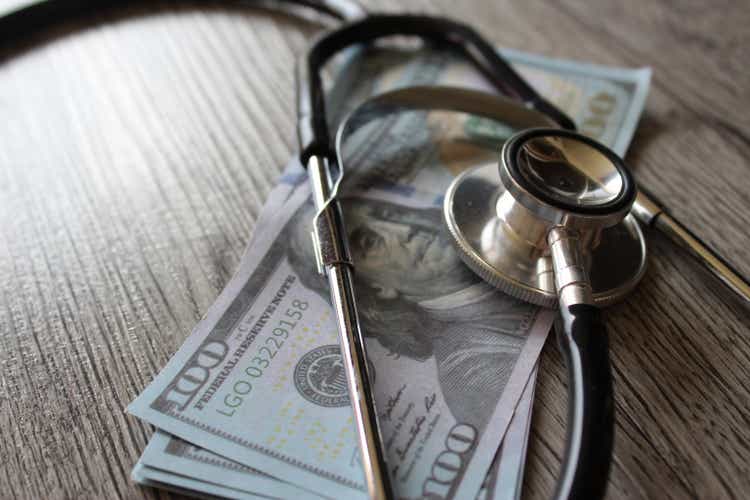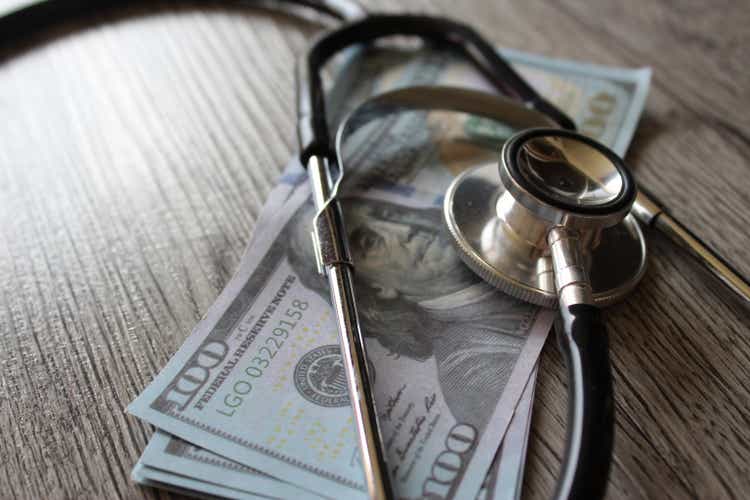
mohd izzuan/iStock via Getty Images
Drug savings platform GoodRx Holdings (GDRX) said prescription drug prices have soared nearly 40% in the past decade, and concerns about affordability have forced about one-third of Americans to leave unfilled prescriptions at the drug store. A report this week.
According to the latest prescription cost tracker report from GoodRx (GDRX), list prices for brand-name and generic drugs surged 37% from 2014 to 2024, well outpacing the rate of inflation.
To make matters worse, insurance plans are covering fewer and fewer drugs. Another analysis by GoodRx (GDRX) showed that the percentage of drugs covered by Medicare Part D plans dropped an average of 19% from 2010 to 2024.
Its review, based on first-quarter data from 3,700 Medicare Part D plans during the same period, found that the share of prescription drugs covered by these plans would reach an average of 54% in 2024, down from 73% in 2010.
To achieve this coverage, patients must jump through hoops and be subject to restrictions such as prior authorization for many prescription drugs. By 2024, Medicare Part D plans will have some form of restriction on 50% of drugs, up from 27% in 2010, according to GDRX.
“Many people are facing financial pressure to pay out of pocket for drugs, especially when insurance plans cover fewer drugs and impose stricter conditions on the drugs they cover,” the researchers wrote.
“This situation results in increased out-of-pocket costs, medication non-adherence, delays in care, poor health outcomes and inequitable access to health care.”
In fact, 32% of Americans cite affordability as a reason for underfilling at pharmacies, while 20% attribute it to drug shortages, according to GoodRx (GDRX).
“High drug costs may force people to make difficult choices between prioritizing their health and managing other essential expenses,” the researchers added after the survey, which used 3,000 Americans from January to May 2024. Collected data.
Additionally, the company noted that drug shortages have left 28% of Americans completely unable to obtain certain medications, such as weight loss and diabetes drugs Ozempic and Zepbound, made by Novo Nordisk (NVO) and Eli Lilly (LLY), respectively.

